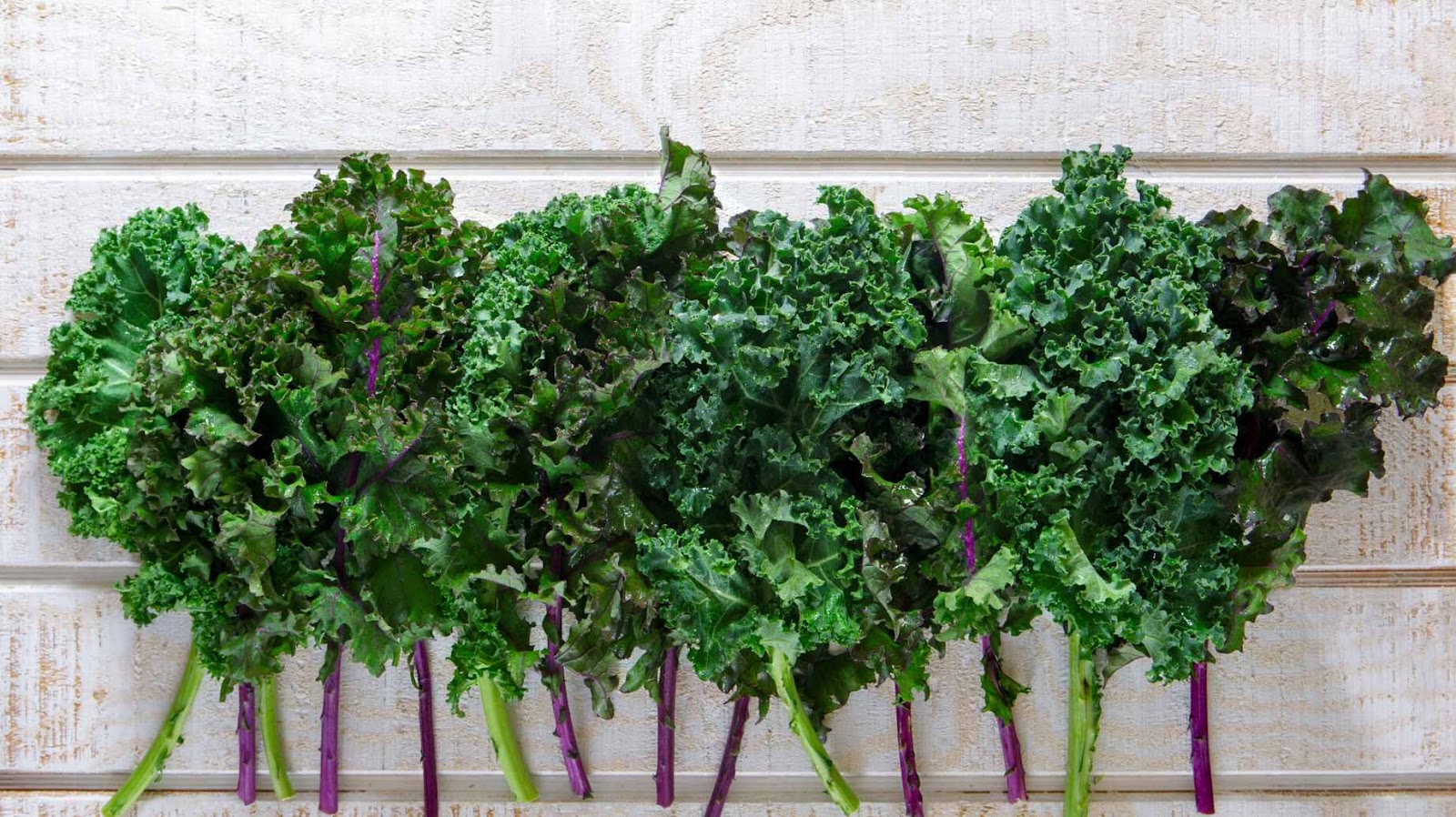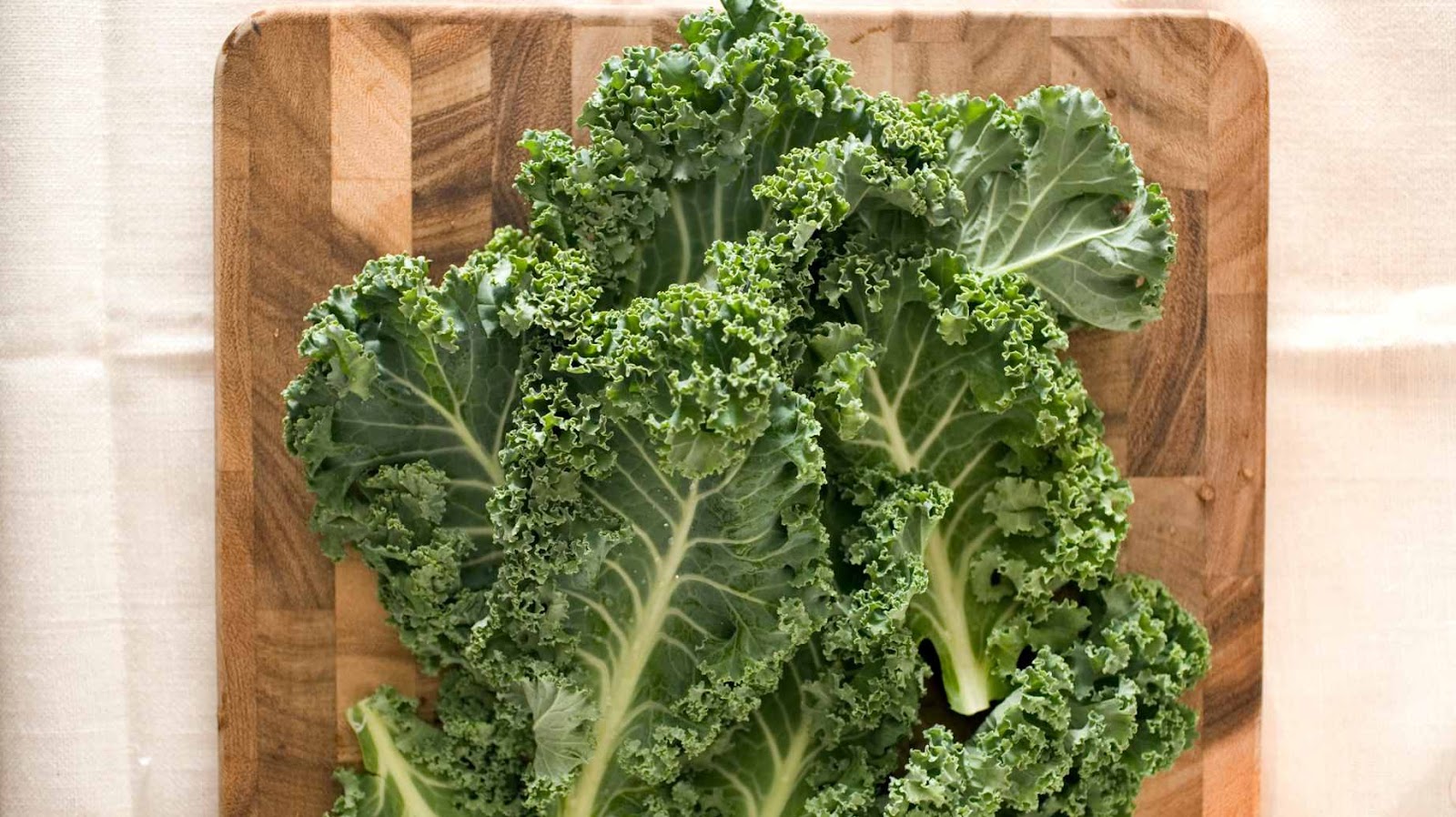Although kale is considered to be a healthy food, it is high in oxalates which could lead to health problems. Oxalates are substances that are found in many plants, including kale. When these substances enter the body, they can bind with minerals such as calcium and magnesium, forming crystals that can be deposited in the kidneys and other organs. This can lead to kidney stones or other health problems.
Is Kale Bad For You
Kale is a leafy green vegetable that is often touted for its health benefits. However, some experts have raised concerns that it may contain harmful compounds that could increase the risk for cancer. Kale contains high levels of a compound called goitrin, which can interfere with the thyroid’s ability to produce hormone. This can lead to goiter, a condition in which the thyroid gland enlarges. The kale also contains high levels of oxalates, which can bind to calcium and other minerals in the body and form kidney stones. Furthermore, kale contains large amounts of a compound called nitrates, which can be converted into nitrites by bacteria in the gut. Nitrites are thought to increase the risk for cancer.
Thus, while kale may have some health benefits, it is important to be aware of its potential risks as well.

Kale Could Contain Harmful Bacteria That Could Cause Food Poisoning
Kale could contain harmful bacteria that could cause food poisoning.
While kale is a healthy vegetable, it can also be a source of harmful bacteria that can cause food poisoning. Some of the bacteria that may be found on kale include Escherichia coli (E. coli) and Salmonella. Eating contaminated kale can lead to severe intestinal illness, including diarrhea, vomiting, and abdominal cramps. In some cases, this type of illness can be life-threatening. If you choose to eat kale, it is important to take precautions to reduce your risk of exposure to harmful bacteria. Wash your hands thoroughly with soap and water before and after handling the kale. Trim away any bruised or damaged leaves, as these are more likely to harbor bacteria. Wash the kale in clean running water, and dry it with a clean towel or paper towels.
Kale should be cooked thoroughly before being consumed. Steaming or boiling the kale for 3-5 minutes is typically sufficient to kill any harmful bacteria present.
As with any food, it is important to practice food safety when preparing and eating kale. If you have any questions or concerns about food safety, please consult with a healthcare professional or registered dietitian
Kale May Contain Pesticides That Could Be Harmful To Your Health
While kale is often lauded as a superfood, it may also contain harmful pesticides that could pose a risk to your health. A study published in the journal “Environmental Science and Technology” found that 65 percent of kale samples contained at least one pesticide, and 60 percent contained two or more pesticides.
Pesticides have been linked to a number of health concerns, including cancer, fertility problems, birth defects and endocrine disruption. Some of the specific pesticides found on kale have been classified as probable or possible carcinogens by the International Agency for Research on Cancer.
If you’re concerned about the possible risks of consuming kale, you can reduce your exposure by buying organic kale or washing conventionally grown kale thoroughly before eating it. You can also look for other leafy greens that may be less likely to be contaminated with pesticides, such as arugula or collard greens.

Kale Could Contain Toxins That Could Harm Your Liver
While kale is generally considered to be a healthy food, there are some potential risks associated with consuming it. One of these risks is that kale could contain toxins that could harm your liver. Kale is a member of the Brassica family of plants, which also includes broccoli, cabbage, and Brussels sprouts. These plants contain a compound called glucosinolate, which can be converted into a toxin called thiocyanate when the plants are eaten. Thiocyanate has been shown to cause liver damage in animals, and there is concern that it could also have negative effects on human health. However, it’s important to note that the research on this topic is very limited and more studies are needed to determine whether or not kale is harmful to human health.
If you’re concerned about the potential risks of consuming kale, you may want to choose other leafy green vegetables instead. Alternatively, you can cook kale before eating it, as this will help to break down the compounds that could potentially be harmful.
